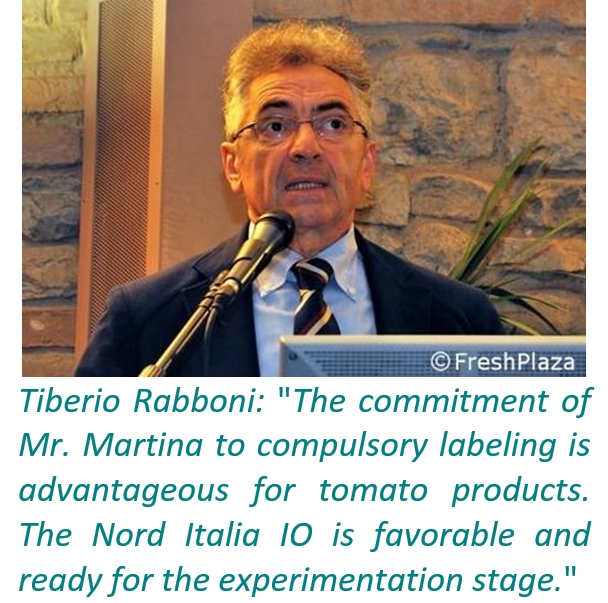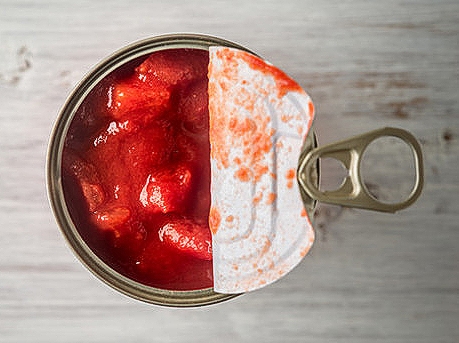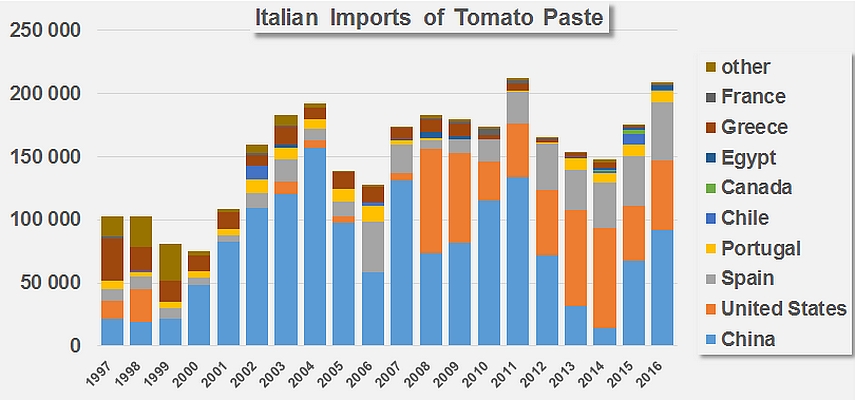Respect for your privacy is our priority
The cookie is a small information file stored in your browser each time you visit our web page.Cookies are useful because they record the history of your activity on our web page. Thus, when you return to the page, it identifies you and configures its content based on your browsing habits, your identity and your preferences.
You may accept cookies or refuse, block or delete cookies, at your convenience. To do this, you can choose from one of the options available on this window or even and if necessary, by configuring your browser.
If you refuse cookies, we can not guarantee the proper functioning of the various features of our web page.
For more information, please read the COOKIES INFORMATION section on our web page.


 These are the words that Tiberio Rabboni, the President of the Pomodoro Nord Italia IO, used in response to the declarations of Minister Martina, who commented favorably on the acquisition of the De Rica brand by the Consorzio Casalasco, whilst also stating his desire to extend to the tomato industry the obligation of place-of-origin labeling that is already in place for milk, pasta and rice.
These are the words that Tiberio Rabboni, the President of the Pomodoro Nord Italia IO, used in response to the declarations of Minister Martina, who commented favorably on the acquisition of the De Rica brand by the Consorzio Casalasco, whilst also stating his desire to extend to the tomato industry the obligation of place-of-origin labeling that is already in place for milk, pasta and rice. - "One single European country of origin" if all the raw materials originate in one single country.
- "One single European country of origin" if all the raw materials originate in one single country. "We are working together with the Minister of Economic Development, Carlo Calenda, to extend the obligation to specify the place-of-origin of the main ingredients in tomato-based products, like we did for milk, pasta and rice. […] We are moving towards a situation where the 'Made in Italy' specification is protected and the work of our farmers is valued as it should," stated the Minister of Agriculture Maurizio Martina to the Italian press.
"We are working together with the Minister of Economic Development, Carlo Calenda, to extend the obligation to specify the place-of-origin of the main ingredients in tomato-based products, like we did for milk, pasta and rice. […] We are moving towards a situation where the 'Made in Italy' specification is protected and the work of our farmers is valued as it should," stated the Minister of Agriculture Maurizio Martina to the Italian press.



























